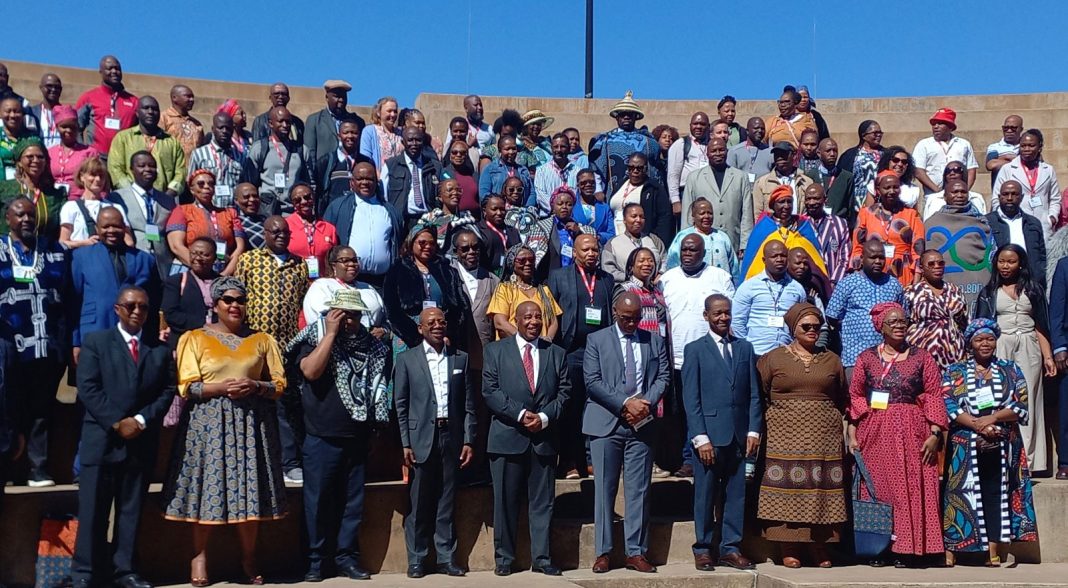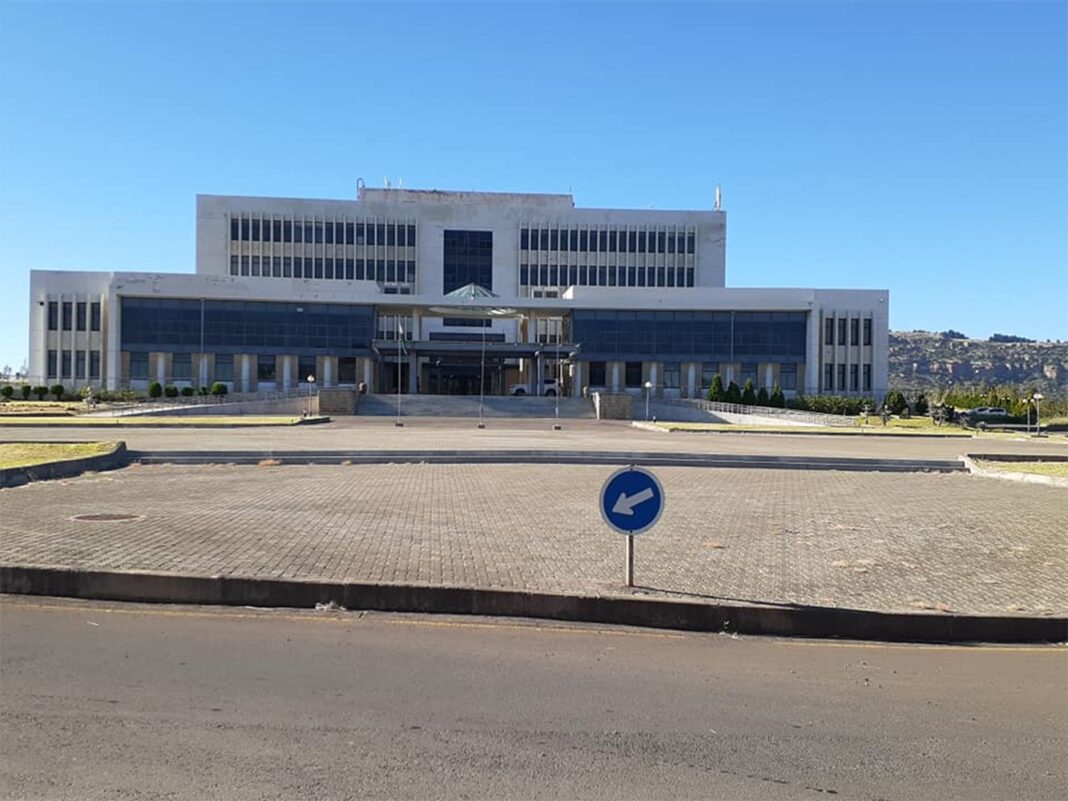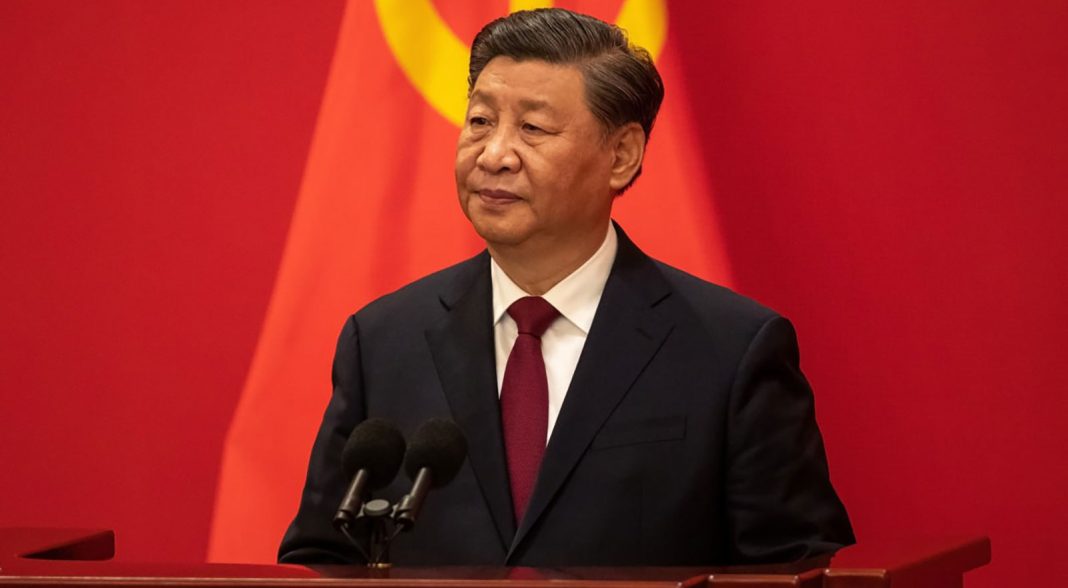The National University of Lesotho (NUL) yesterday officially opened a three-day conference on celebrating ‘the preservation of Lesotho’s Documentary Heritage: A Dialogue on Preserving Knowledge Heritage for Future Generations’ at Thaba-Bosiu Cultural Village.
The event was organised by the NUL Library and the Endangered Archives Programme Africa Hub in collaboration with the University of the Free State Library, the NUL Moshoeshoe I Institute of Peace and Leadership, and the British Library.
Speaking at the event, education minister Ntoi Rapapa said the bicentennial celebrations of Lesotho provide an opportunity for libraries, archives, historians, and cultural activists to reflect on their role in the preservation of the national documentary heritage.
“The key question being: What documentary heritage will we leave for the next generation?
“I congratulate NUL and its partners being the University of the Free State and the British Library, for organising the conference in order for Basotho to reflect on preservation of Basotho history, the documentation of its records and the preservation of the knowledge for future generations.
“This conference, appropriately entitled ‘Celebrating the preservation of Lesotho’s documentary heritage: a dialogue on preserving knowledge heritage for future generations’, sets us on a trajectory of celebrating what we have achieved, while planning for the future. A dialogue on preserving our heritage as a people is key to the continuity of Basotho as a nation,” Prof Rapapa noted.
He added that the conference should also translate the celebrations of achievements realised by libraries and institutions of higher learning into a vehicle that will move the Basotho nation forward for another 200 years.
In his welcome remarks, NUL Vice-Chancellor Prof Olusola Isaac Fajana said NUL as an academic institution, also celebrates by way of breeding ideas for this and future generations.
“This conference is about soliciting ideas, sharing best practices and experiences on how to preserve the knowledge heritage of Lesotho, and other nations that are represented here.
“Together we will develop strategies and ideas for ensuring that documentary and knowledge heritage, which is the cornerstone of our identity, culture, and history, is preserved for future generations.
“We will thus be enabling future generations to reflect on the intricacies and narratives of our past, empowering them to navigate their present and inspire their future,” Fajana said.









